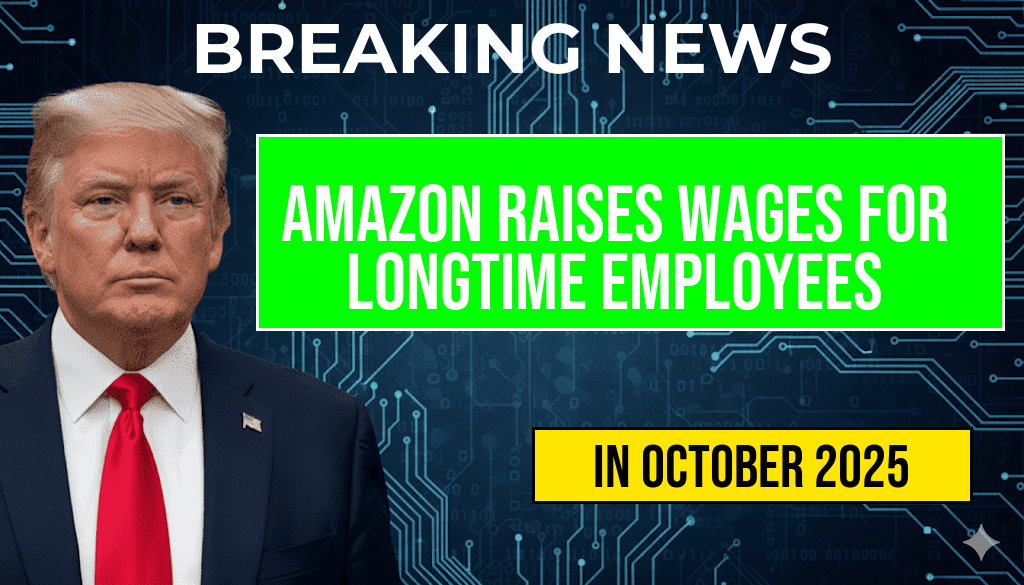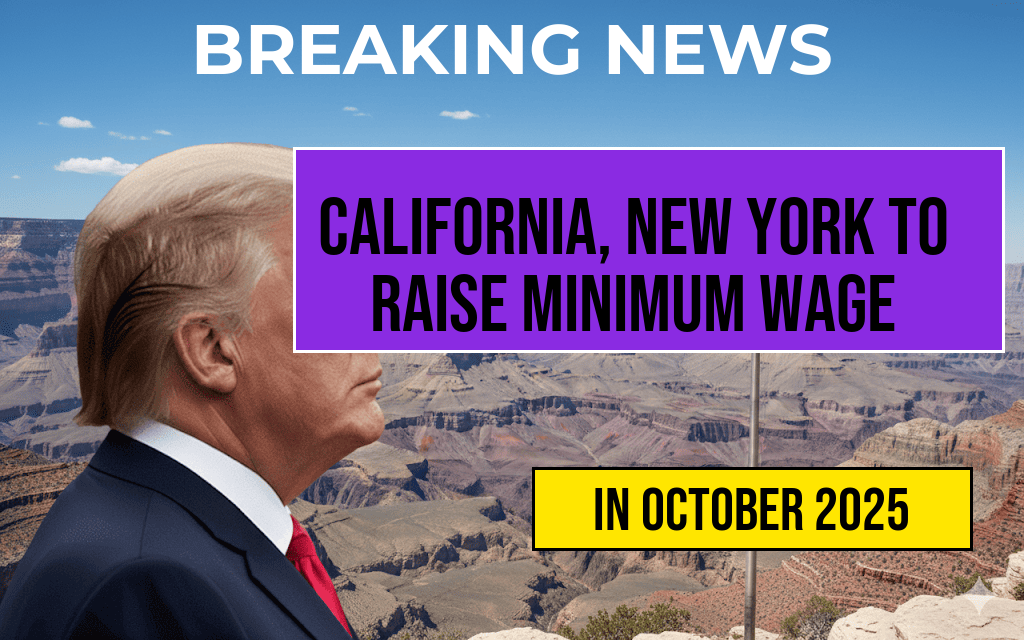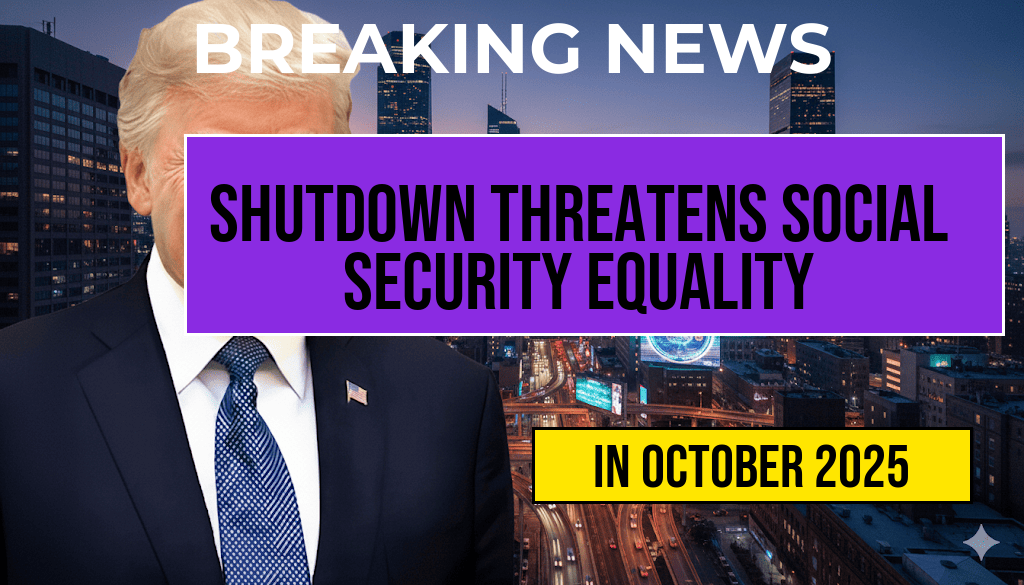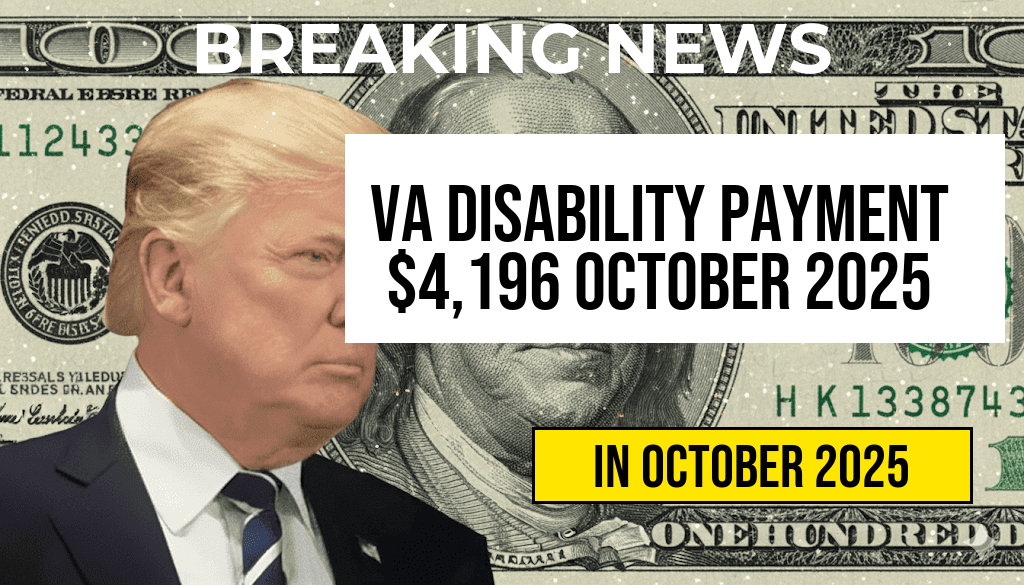The looming threat of a government shutdown risks creating a stark divide among Social Security recipients, with established beneficiaries maintaining their payments while new applicants may face significant delays or complete inaccessibility. As congressional negotiations falter over funding measures, thousands of Americans seeking initial benefits could find themselves caught in bureaucratic limbo, exacerbating financial insecurity for vulnerable populations. This potential scenario underscores broader concerns about the stability of the social safety net and the disparities that could emerge between those who have already secured their benefits and those still in the application process.
Potential Impact of a Government Shutdown on Social Security Processing
When government funding lapses, essential services often continue under temporary measures, but administrative functions, particularly those dependent on federal appropriations, can grind to a halt. For Social Security programs, this means that while current beneficiaries receive their payments without disruption, new applicants may experience prolonged delays due to shutdown-related staffing shortages and reduced operational capacity.
Established Beneficiaries Remain Protected
Individuals already receiving Social Security benefits, including retirement, disability, and survivor payments, are generally shielded from immediate disruptions during a shutdown. This protection stems from the mandatory nature of these payments, which are funded through trust funds and are considered mandatory spending. Consequently, recipients can expect their scheduled payments to continue unaffected, as these are often prioritized within federal budget frameworks.
New Applicants Face Significant Delays
Conversely, the process for applying for new Social Security benefits depends heavily on administrative resources and staffing levels, both of which are vulnerable during a government shutdown. Applications for retirement, disability, or supplemental security income (SSI) benefits typically require in-person interviews, document verification, and processing—functions that may be postponed or severely slowed during a funding lapse.
| Aspect | Established Beneficiaries | New Applicants |
|---|---|---|
| Payment continuity | Uninterrupted | Potential delays or interruptions |
| Application processing | Not applicable | Likely halted or slowed |
| Customer service availability | Limited but ongoing | Reduced or unavailable |
| Impact duration | Minimal, unless shutdown persists | Dependent on shutdown length |
Historical Precedents and Policy Concerns
Historically, government shutdowns have exposed vulnerabilities within federal social programs. During the 2013 shutdown, for instance, several thousands of Social Security field office closures caused notable delays in processing new benefit claims, leaving many applicants without timely assistance. Although existing beneficiaries continued to receive payments, the bottleneck in processing new claims raised concerns about the long-term resilience of social safety nets amid political impasses.
Policy experts warn that prolonged shutdowns threaten to deepen inequalities among seniors and disabled individuals, particularly those relying on timely benefits to cover basic needs. “The risk isn’t just administrative inconvenience; it’s the potential for increased hardship among those awaiting crucial support,” said Dr. Laura Chen, a social policy researcher at the Urban Institute. She emphasized that delays could exacerbate financial instability for vulnerable groups, especially in regions with limited access to alternative aid sources.
Legal and Legislative Responses
Attempts to shield Social Security benefits from shutdown impacts have been discussed in Congress, but legislative action remains uncertain. Some lawmakers advocate for legislation that would guarantee uninterrupted benefits regardless of government funding status, citing the program’s critical role in American economic stability.
However, comprehensive reforms to safeguard new benefit processing during shutdowns face political hurdles. The ongoing debate over federal spending priorities and deficit concerns complicates efforts to establish permanent protections. As a result, the risk of a divided system—where current recipients are protected while new applicants face delays—remains a pressing concern.
Implications for Future Policy and Public Trust
The potential for a government shutdown to create a two-tiered system of Social Security benefits raises questions about the sustainability and fairness of current policies. Public confidence in the social safety net could erode if beneficiaries perceive that new applicants are unfairly disadvantaged during fiscal crises. This scenario underscores the importance of legislative action aimed at ensuring continuity and equity within social programs.
As discussions continue in Washington, advocates urge policymakers to prioritize solutions that prevent delays for new beneficiaries, emphasizing that the social safety net must be resilient in times of political uncertainty. For more information on Social Security policies and recent legislative developments, resources such as Wikipedia and Forbes provide ongoing coverage and analysis.
Frequently Asked Questions
What is the main concern regarding Social Security recipients during a government shutdown?
During a government shutdown, established beneficiaries are typically protected and continue receiving their Social Security payments, but new applicants may face significant delays in processing their claims.
How does a government shutdown affect new Social Security applicants?
In the event of a government shutdown, new applicants for Social Security may experience complete delays in their application processing, potentially leaving them without benefits for an extended period.
Why are established beneficiaries protected during a shutdown but not new applicants?
Established beneficiaries are protected because their payments are typically funded through automatic processes that do not require immediate government approval, whereas new applications depend on ongoing administrative functions that can be halted during a shutdown.
What are the potential long-term impacts of these delays for new Social Security applicants?
Delays in processing new Social Security applications can lead to financial hardship for individuals awaiting benefits, potentially affecting their ability to cover essential expenses and creating disparities between current beneficiaries and new applicants.
Is there any way for new applicants to mitigate the impact of a government shutdown?
New applicants can stay informed about status updates from the Social Security Administration, consider applying early before a shutdown, and explore alternative financial planning options to prepare for potential delays.










